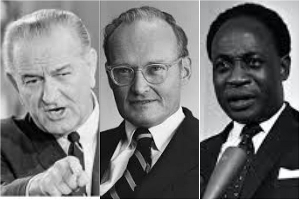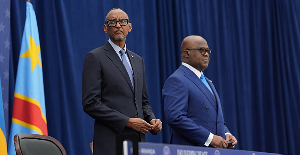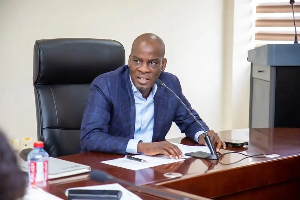The Ghana Statistical Service (GSS) is to conduct an integrated Business Establishment Survey (IBES), on a full set of economic activities across all sectors of the economy.
The IBES, which is an economic census, is to provide a register of businesses in Ghana that would meet the needs of policy makers, private sector and researchers.
Dr Philomena Nyarko, the Government Statistician, speaking at the launch of the project and the inauguration of the National Steering committee, Technical and Advisory committee and the project implementation team in Accra said the survey is to obtain detail information on the operations and on value added processes within all the production sectors of the economy.
She said the survey is to measure the contribution of each sector and region to the country’s employment and production.
The Government Statistician said the IBES would be a comprehensive study that seeks to collect, compile and analyse data on the level and structure of all non-household economic activities, whether for profit or not.
She said the non-household establishments to be covered by the survey includes all units of production, with fixed physical location and could be described and traced, churches, public sector institutions, fitting shops, schools and health facilities.
Mr Anthony Kraka, Coordinator for IBES, said the survey is structured in two phases, where phase one would commence in September, and is expected to be completed in December.
He said the phase one plan is to obtain the business register, which would be the sampling frame to be used for the second phase.
He said 10.6 million dollars was estimated for the phase one of the project with support from the World Bank.
He said it is expected that the private sector could make business decisions based on the evidence on very good data.
He said a higher precision in the estimation of the regional gross domestic product would be compiled through the survey.
“Employment figures for all sectors will be readily available for policy and research,” he added.
Mr Kraka said the survey is to obtain internationally comparable data on the structure and economic activities in each sub-sector.
Business News of Wednesday, 16 July 2014
Source: GNA












